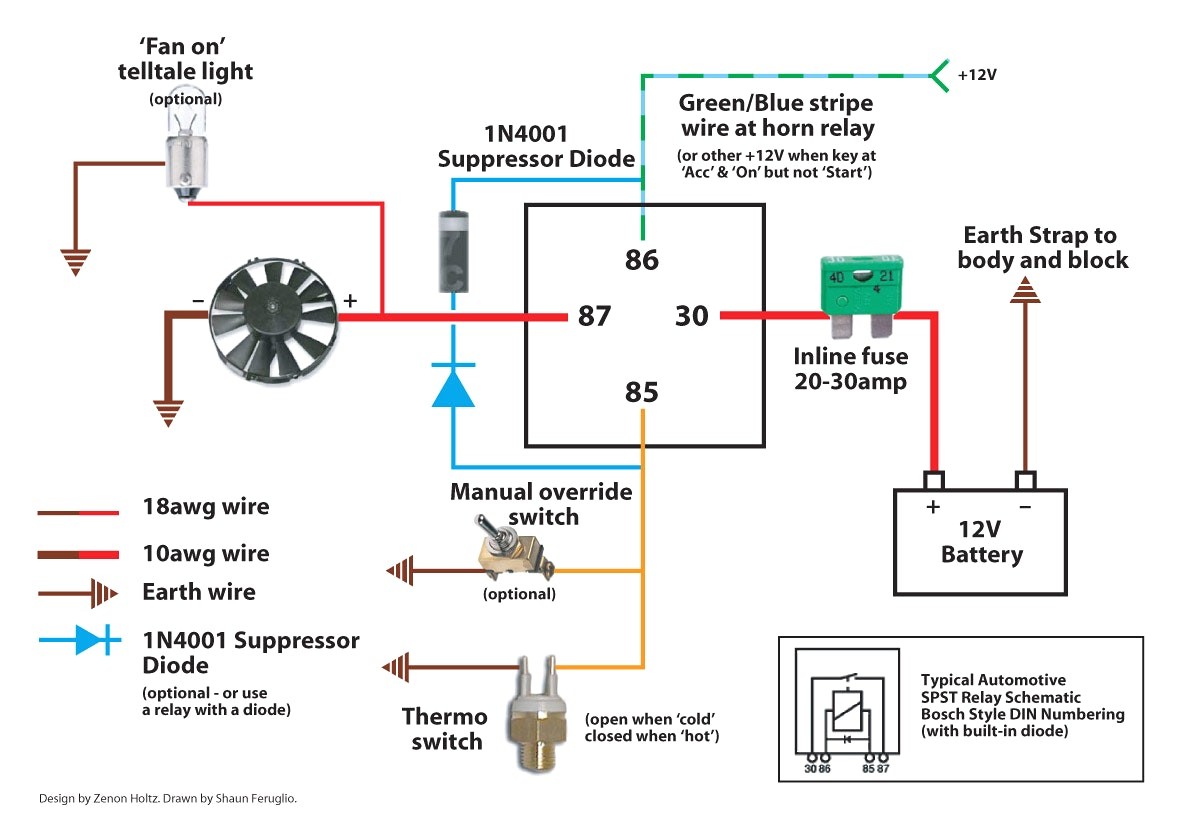When it comes to understanding the inner workings of your vehicle’s electrical system, a Trombetta Solenoid Wiring Diagram can be an invaluable tool. This diagram provides a clear visual representation of how the solenoid is wired, helping you troubleshoot any electrical issues that may arise. By following the wiring diagram, you can easily identify the various components and connections, making it easier to diagnose and fix any problems.
Why are Trombetta Solenoid Wiring Diagrams Essential?
Trombetta Solenoid Wiring Diagrams are essential for several reasons:
- They provide a clear visual representation of how the solenoid is wired
- They help you understand the connections between different components
- They make it easier to troubleshoot electrical issues
- They ensure that the wiring is done correctly and safely
How to Read and Interpret Trombetta Solenoid Wiring Diagrams
Reading and interpreting a Trombetta Solenoid Wiring Diagram may seem daunting at first, but with a little guidance, it can become second nature. Here are some tips to help you make sense of the diagram:
- Start by identifying the different components and their symbols
- Follow the lines to see how the components are connected
- Pay attention to any labels or numbers that indicate specific connections
- Refer to the legend or key to understand what each symbol represents
Using Trombetta Solenoid Wiring Diagrams for Troubleshooting
When faced with electrical problems in your vehicle, a Trombetta Solenoid Wiring Diagram can be a lifesaver. By following the diagram, you can quickly pinpoint the source of the issue and take the necessary steps to fix it. Whether it’s a faulty connection, a broken wire, or a malfunctioning component, the wiring diagram will guide you through the troubleshooting process.
It’s important to remember that safety should always be your top priority when working with electrical systems and using wiring diagrams. Here are some safety tips and best practices to keep in mind:
- Always disconnect the power source before working on any electrical component
- Wear appropriate safety gear, such as gloves and goggles, to protect yourself from electrical shocks
- Double-check your work and ensure all connections are secure before reapplying power
- If you’re unsure about anything, don’t hesitate to seek help from a professional mechanic or electrician
Trombetta Solenoid Wiring Diagram
Trombetta Solenoid Wiring Diagram – Wiring Diagram

Trombetta Solenoid Wiring Diagram – Wiring Diagram Pictures

Trombetta Solenoid Wiring

Trombetta Mxq/700 Solenoid Wiring Diagram

Trombetta Solenoid Wiring Diagram – Cadician's Blog

Trombetta Solenoid 12V Wiring Diagram
